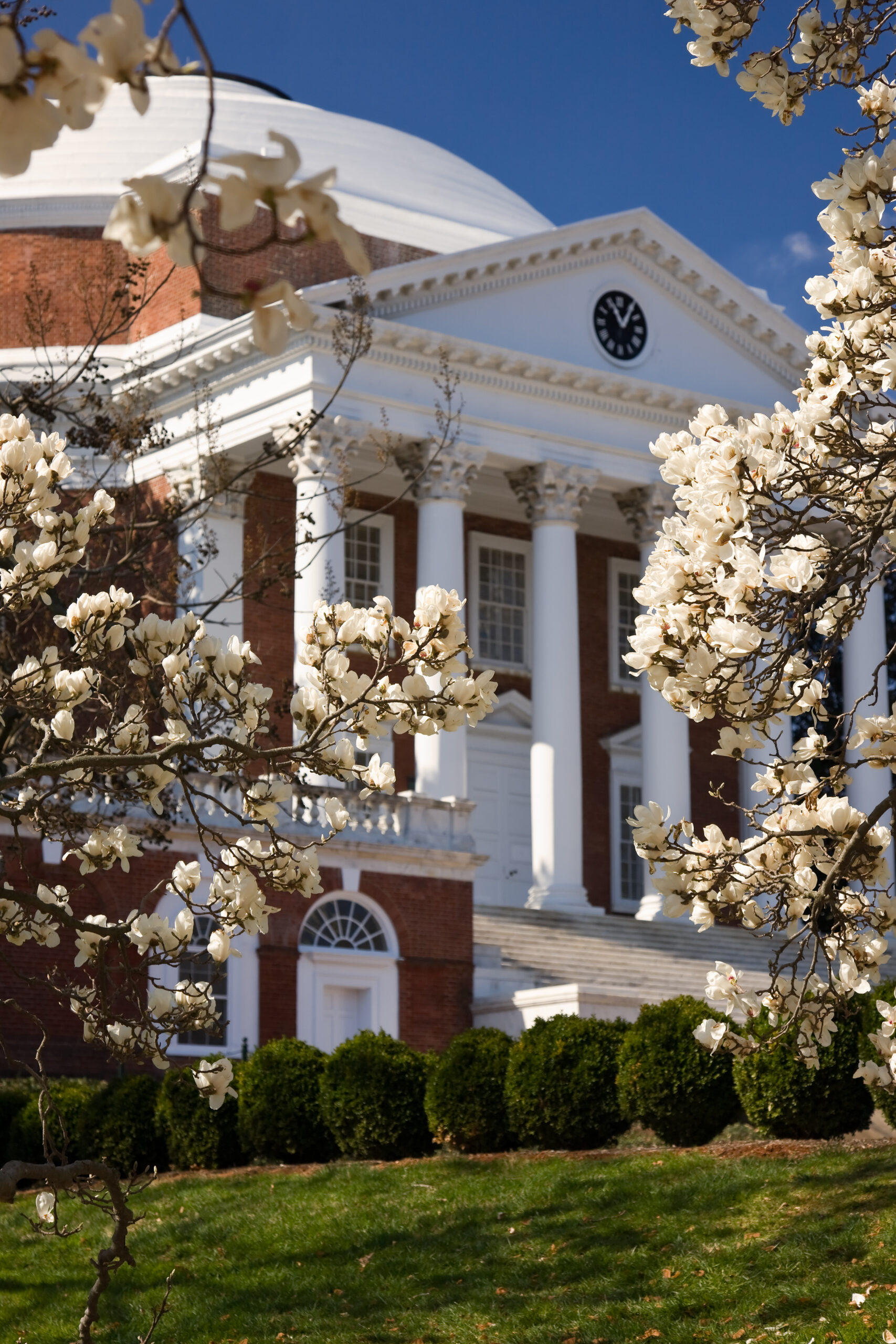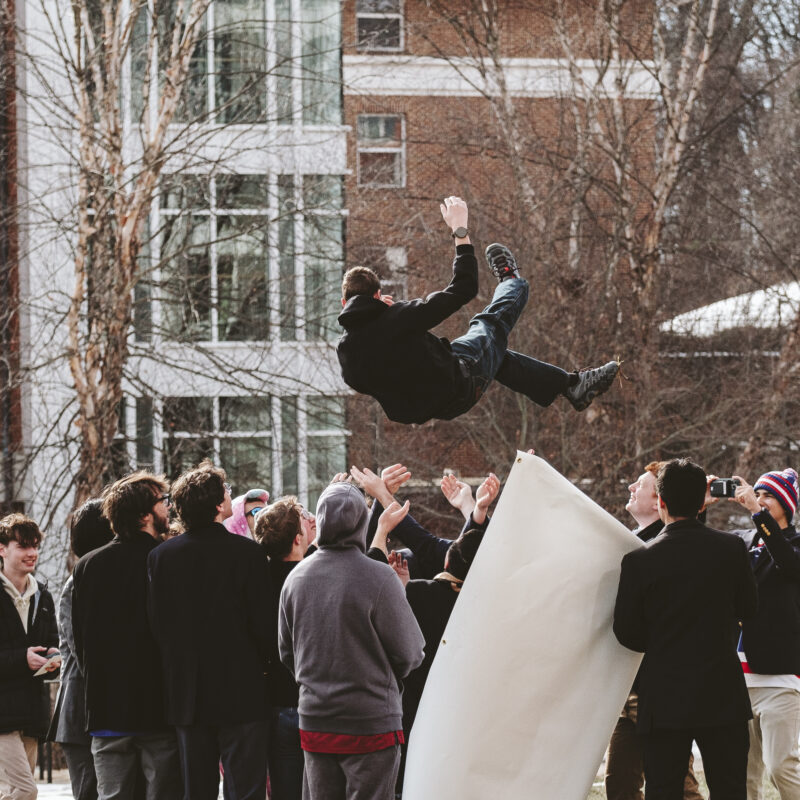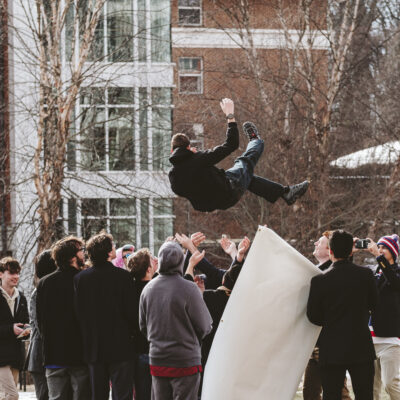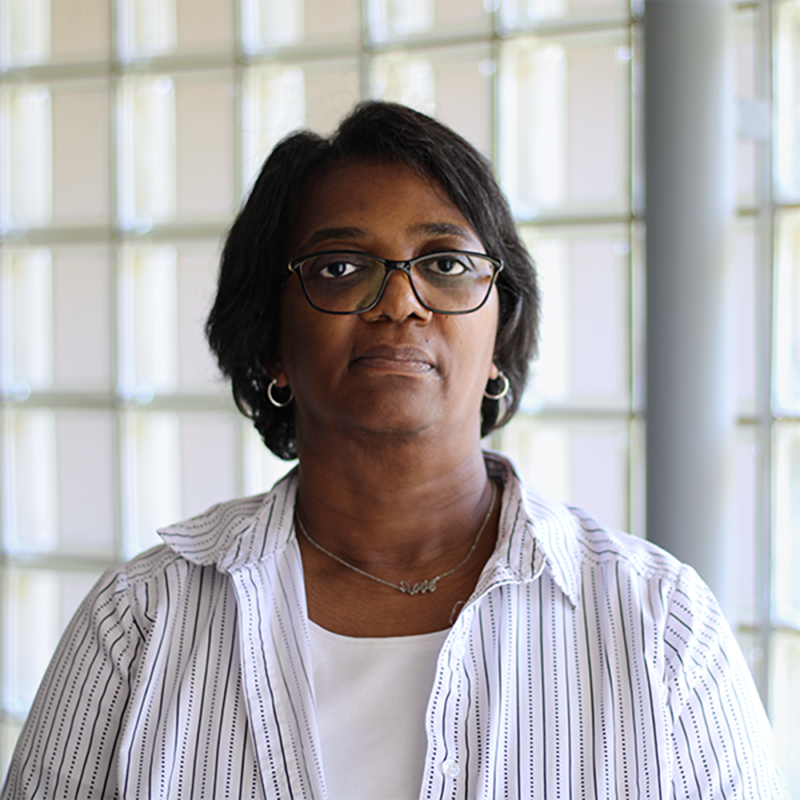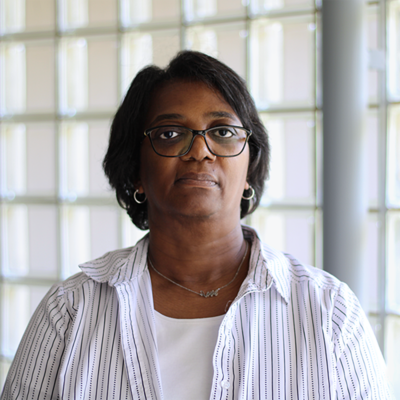International students at the University of Virginia are facing new questions and concerns this summer following a barrage of updates and changes under the Trump administration.
According to UVA’s International Studies Office, there were 2,236 international students in the 2023-24 academic year, including 845 Chinese citizens and 63 students from other countries who are now facing travel bans or restrictions. The restrictions, which prohibit residents of the listed countries to apply for or renew existing visas, were implemented in a June 4 Presidential Proclamation and affect travel for residents of 19 countries, including Afghanistan, Chad, the Republic of the Congo, Equatorial Guinea, Eritrea, Myanmar, Haiti, Iran, Libya, Somalia, Sudan, and Yemen.
International students from other countries, particularly first-time visa applicants or those requiring visa renewals, have faced additional hurdles this summer, including a nearly month-long pause on visa interview appointments before they were later resumed under new State Department guidelines. The guidelines called for increased scrutiny of social media profiles in an effort to address national security threats.
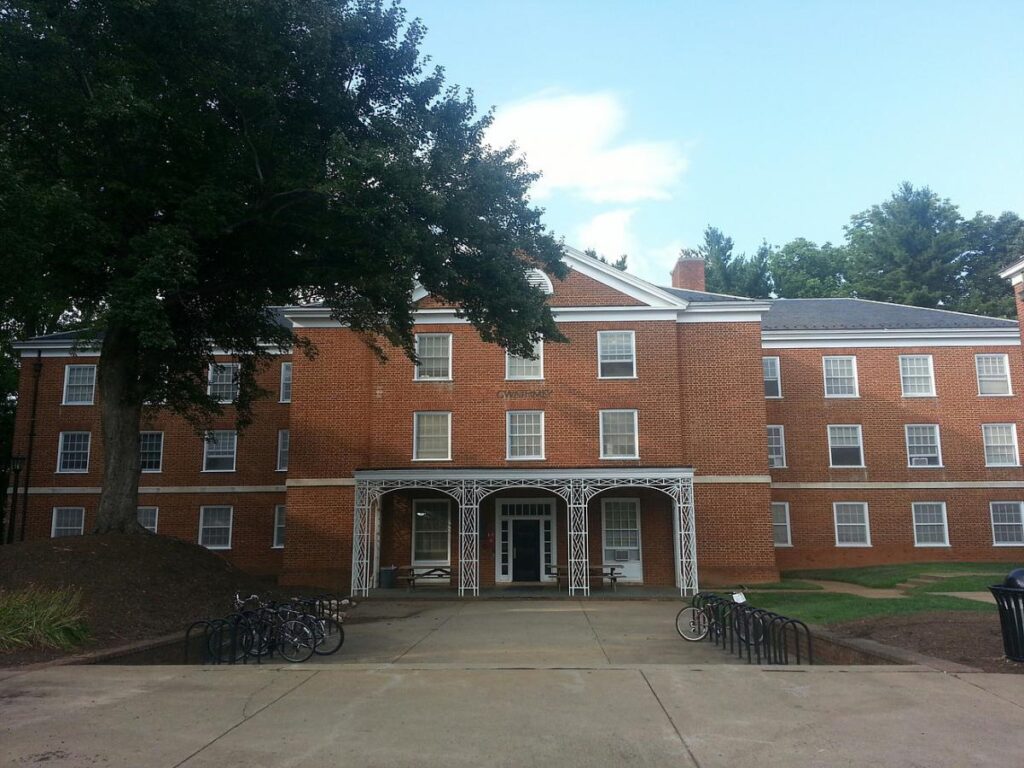
Chinese students—who remain the largest group of international students at UVA—have encountered erratic information about their status, including threats to “aggressively revoke” student visas, according to a cable from Secretary of State Marco Rubio. Trump announced a reversal of the order just two weeks later, following a trade agreement with Chinese President Xi Jinping.
In a statement to C-VILLE, Steve Mull, UVA’s vice provost for global affairs, said, “We have been in regular contact with [our international students] over the past semester to advise them on updates to rapidly shifting developments in U.S. immigration law and have made resources available to help them address individual questions, and we will continue to do so.”
Mull also noted that, at press time, no international students at UVA have lost their immigration status.
While one current international student and two recent alumni in optional training programs had their immigration status revoked in April, all have since had their status reinstated.
Despite the international community at UVA being spared some of the status revocations seen at other universities, many students remain concerned about the fluid nature of their status in the United States.
“For me, I’ll probably just change my plan to go back [home] during winter break when my visa is still valid or just wait until I graduate,” said an international student who spoke on condition of anonymity.
Beyond travel, some international students remain concerned following the administration’s highly publicized detention of and status revocation for international student protesters.
“Last year, we had some protests … I didn’t even dare to walk by,” the student said. “The police were there and in that case, as international students, we don’t have our parents beside us and we don’t have anyone who [has] our back. The school was not backing us at that time, so if I wanted to do something, that’s very dangerous for me.”
When asked what plans are in place to protect international students’ right to protest, the university did not respond.
UVA’s federal information website asserts its commitment to free speech and academic rights for all students, yet notes that “the University has no obligation to provide individuals with legal counsel in any lawsuits or enforcement actions that may arise from things they have said or done in their capacity as private citizens.”
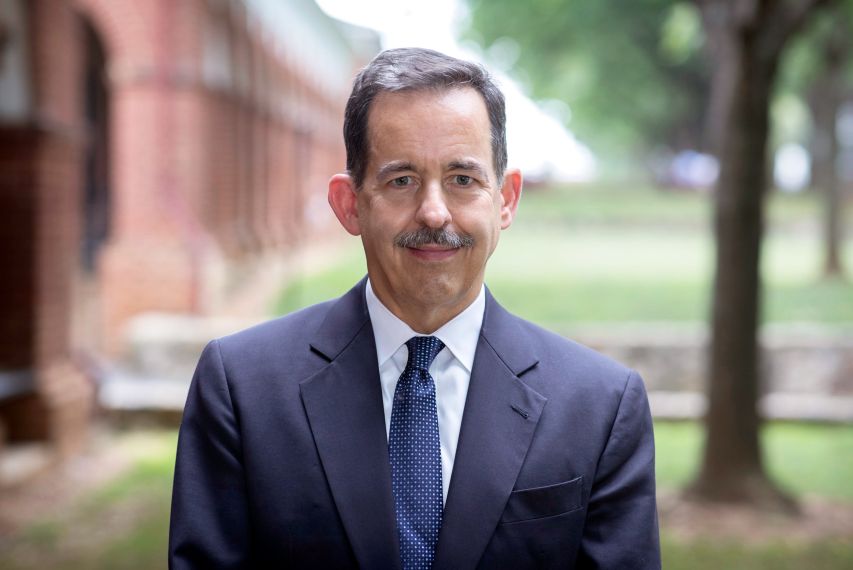
As many of these issues remain unresolved, some international students are now weighing the value of studying in the United States. Uncertainty surrounding student status and funding cuts to research initiatives has led some to consider going elsewhere for graduate studies, the student told C-VILLE.
If these considered departures from UVA and other universities across the United States come to fruition, it could create holes in previously vibrant on-campus communities.
“UVA deeply values our international students as integral members of our community who substantially enrich us with their scholarship, perspective, and friendship,” Mull said.
For the international student and his peers, the various student associations at UVA have been integral pieces in navigating the college experience abroad. Looking forward, he hopes these student groups can build bridges between international and domestic students to create a more connected university.
